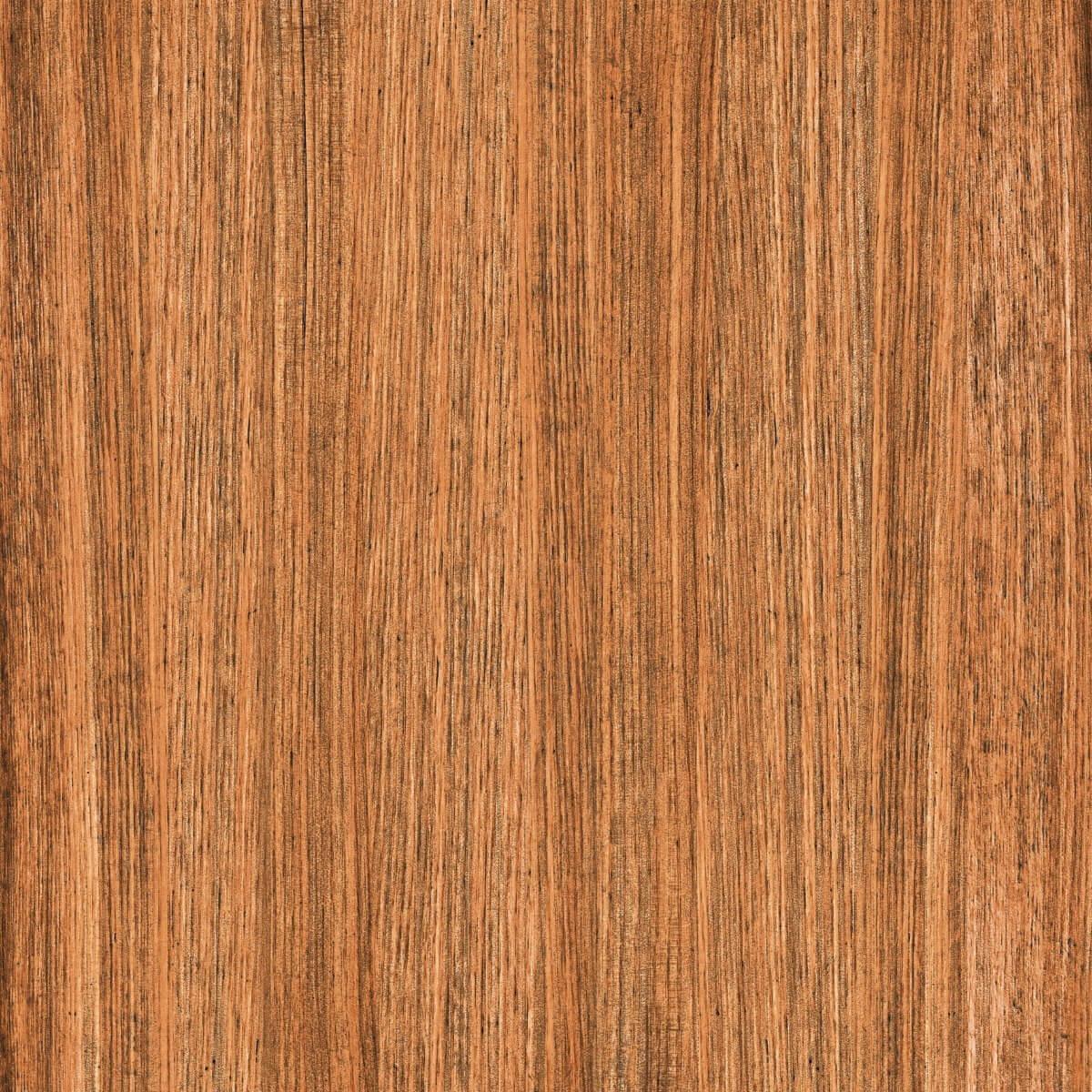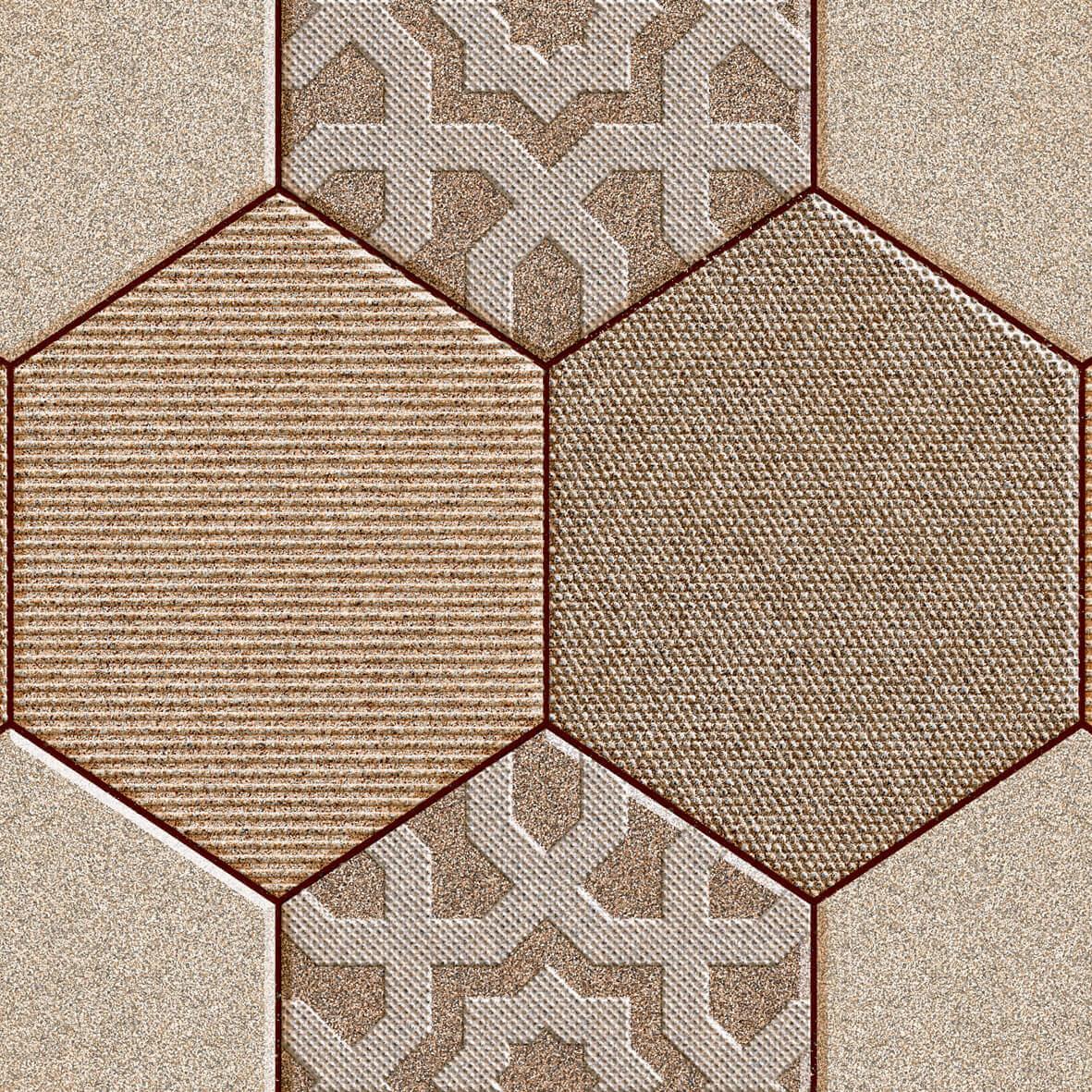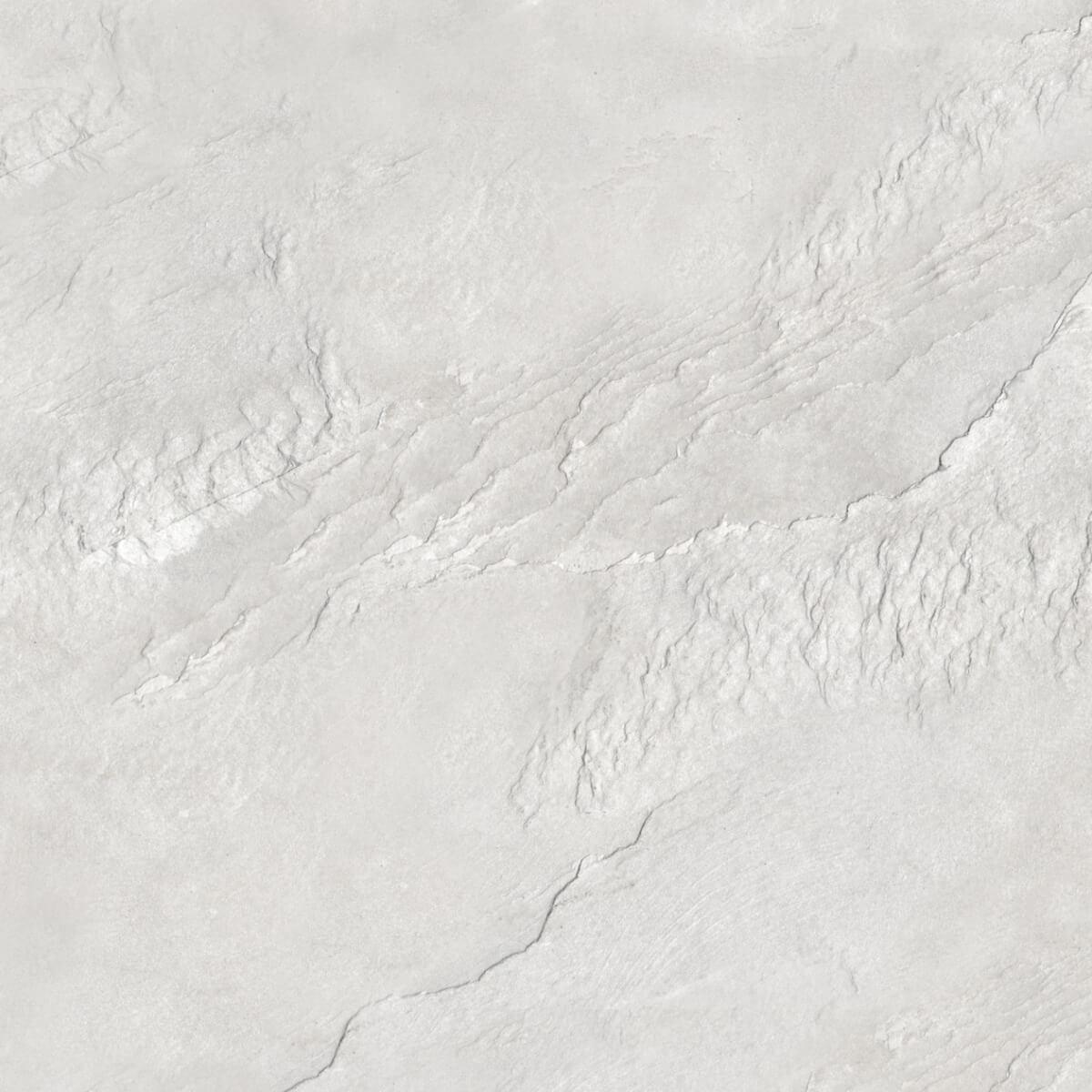Categories
See products in All departments (1562) or in All Tiles
- All TilesTiles by SizeTiles by Area
- Bathroom Tiles
- Kitchen Tiles
- Parking Tiles
- Elevation Tiles
- Bedroom Tiles
- Outdoor Tiles
- Terrace Tiles
- Living Room Tiles
- Balcony Tiles
- Swimming Pool Tiles
- Porch Tiles
- Office Tiles
- Pathway Tiles
- Dining Room Tiles
- Commercial Tiles
- Bar Tiles
- Restaurant Tiles
- Hospital Tiles
- Accent Tiles
- Automotive Tiles
- School Tiles
- High Traffic Tiles
- Stairs Tiles
- Pooja Room Tiles
- Large Tiles
- Slab Tiles
- GVT Anti Skid
- White Kitchen Tiles
- Blue Kitchen Tiles
- Green Kitchen Tiles
- Black Kitchen Tiles
Tiles by Design- 3d Tiles
- Wooden Tiles
- Marble Tiles
- Texture Tiles
- Mosaic Tiles
- Granite Tiles
- Stone Tiles
- Pattern Tiles
- Cement Tiles
- Flower Tiles
- Travertine Tiles
- Slate Tiles
- Statuario Tiles
- Plain Tiles
- Onyx Tiles
- Metallic Tiles
- Bottochino Tiles
- Book Match Tiles
- Geometric Tiles
- Carrara Tiles
- Abstract Tiles
- Monochrome Tiles
- Stylized Tiles
- Brick Tiles
- Hexagonal Tiles
- Limestone Tiles
- Plank
Tiles by Type- Vitrified Tiles
- Ceramic Tiles
- Porcelain Tiles
- Designer Tiles
- Anti Skid Tiles
- Digital Tiles
- Double Charge Tiles
- GVT Tiles
- Cool Tiles
- Highlighter Tiles
- PGVT Tiles
- Full Body Vitrified Tiles
- Polished Vitrified Tiles
- Germ Free Tiles
- DGVT Tiles
- Forever Tiles
- Digital Glazed Vitrified Tiles
- Stain Resistant Tiles
- Nano Tiles
- Printed Double Charge Tiles
- Non Digital Tiles
- Kerinox Tiles
- Anti Static Tiles
Tiles by Finish- Matte Finish Tiles
- Glossy Tiles
- Sugar Finish Tiles
- Satin Finish Tiles
- Super Glossy Tiles
- Reactive Tiles
- Lapato Finish Tiles
Tiles by Collection - Floor TilesTiles by Room AreaFloor Tiles by Size (300 mm ~ 1 ft.)Popular Floor Tile CategoriesPopular Floor Tile DesignsRecommended Floor Tiles
 PGVT Calacatta Natura 600×1200 mm
PGVT Calacatta Natura 600×1200 mm GFT BDF Rustic Arc Jaiselmer 600×600 mm
GFT BDF Rustic Arc Jaiselmer 600×600 mm DGVT Hardstone Brown 195×1200 mm
DGVT Hardstone Brown 195×1200 mm
- Wall TilesTiles by SpaceFloor Tiles by Size (300 mm ~ 1 ft.)Popular Wall Tile CategoriesWall Tile DesignsRecommended Wall Tiles
 ODH Amelia Decor HL 300×600 mm
ODH Amelia Decor HL 300×600 mm EHM Slump Block Cotto 300×600 mm
EHM Slump Block Cotto 300×600 mm ODH Bottichino Beige HL 300×450 mm
ODH Bottichino Beige HL 300×450 mm
- Bathroom TilesBathroom Tiles by Size (300mm~1ft.)Bathroom Tile CategoriesPopular Bathroom Tile DesignsRecommended Bathroom Tiles Concepts
 ODH Jagna HL 300×600 mm
ODH Jagna HL 300×600 mm GFT SPH Sawtooth Blue HL 300×450 mm
GFT SPH Sawtooth Blue HL 300×450 mm ODH Piano Floral HL 300×600 mm
ODH Piano Floral HL 300×600 mm
- Kitchen TilesKitchen Tiles by SizeKitchen Tile CategoriesPopular Kitchen Tile DesignsRecommended Kitchen Tiles Concepts
 ODH Diamond Cross HL 300×600 mm
ODH Diamond Cross HL 300×600 mm GFT SPH Geometric Grey HL 300×450 mm
GFT SPH Geometric Grey HL 300×450 mm ODH Trapezoid Blue HL 300×600 mm
ODH Trapezoid Blue HL 300×600 mm
- Room TilesHall TilesTiles by SizeRoom Tile CategoriesPopular Tile DesignsRecommended Tiles for you
 PGVT Brown Streak Binaco 600×1200 mm
PGVT Brown Streak Binaco 600×1200 mm DGVT Rio Wood 600×600 mm
DGVT Rio Wood 600×600 mm Lara Gold 600×600 mm
Lara Gold 600×600 mm
- Marble TilesMarble Tile By SpacesMarble Tiles by SizePopular Marble FinishesPopular Marble tile Colour
 PGVT Brown Streak Binaco 600×1200 mm
PGVT Brown Streak Binaco 600×1200 mm DGVT Rio Wood 600×600 mm
DGVT Rio Wood 600×600 mm Lara Gold 600×600 mm
Lara Gold 600×600 mm
- Wooden TilesWood TilesWood Tiles by SpacesWooden Tiles by SizePopular Wooden Tile CategoriesPopular Wooden FinishesRecommended Wooden Tiles
 ODH Unisquare Leaf HL 300×600 mm
ODH Unisquare Leaf HL 300×600 mm GFT ODP Aster Wood Brown 600×600 mm
GFT ODP Aster Wood Brown 600×600 mm ODH Leathra HL 300×600 mm
ODH Leathra HL 300×600 mm
- Vitrified TilesVitrified TilesVitrified Tiles SpacesVitrified Tiles by SizeVitrified Tile CategoriesVitrified Tile DesignsRecommended Vitrified Tiles for you
 Canto Almond 600×600 mm
Canto Almond 600×600 mm DGVT Poplar Beige 145×600 mm
DGVT Poplar Beige 145×600 mm Star Sandune 600×600 mm
Star Sandune 600×600 mm
- Ceramic TilesCeramic TilesCeramic Tiles by FinishCeramic Tiles by SizesCeramic Tile by SpacesCeramic Tile DesignsRecommended Ceramic Tiles for you
 ODH Unisquare Leaf HL 300×600 mm
ODH Unisquare Leaf HL 300×600 mm GFT ODP Aster Wood Brown 600×600 mm
GFT ODP Aster Wood Brown 600×600 mm ODH Leathra HL 300×600 mm
ODH Leathra HL 300×600 mm
- Blog
- MoreAbout OBL
- Company Profile
- Core Values
- Milestones
- Awards &; Accolades
- Leadership Team
- Board of Directors
- Innovation
- Manufacturing Capabilities
- CSR
- Product Quality
Contact usLarge Projects- Project @ Orientbell
- Residential Project
- Commercial Project
- Government Project
- Industrial Project
- Builders Contractors
- Exports
- Our Capabilities
CareerMediaInvestor RelationsLocations- Sparkle Tiles Collection
- Estilo Tiles Collection
- FT Autumn 2020 Tiles Collection
- Zenith Tiles Collection
- Sahara Tiles Collection
- Rhino Tiles Collection
- Duazzle Tiles Collection
- Inspire Tiles Collection
- HD-P Elevation Tiles Collection
- Inspire Planks Tiles Collection
- Inspire 3.0 Collection
- Granalt Collection
- Paris Double Charge Tiles Collection
- Versalia Vitrified Tiles Collection
- Inspire – 800×1600
- Inspire Art Collection
- Timeless 2.0
- Duazzle Elevation
- Marvel Collection
- River Tiles Collection
- Estilo 2.0
- FT Autumn 2.0
- Inspire Steps
- Inspire Select
- Serenity Collection
- Inspire – Dora
- Sahara Double Body




























